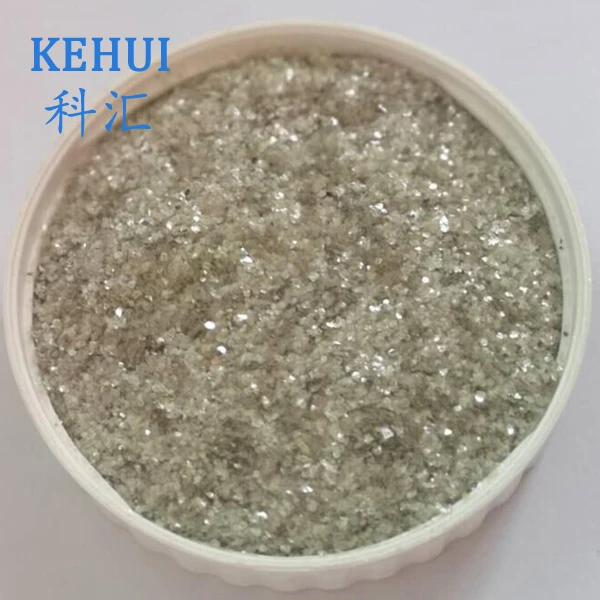Clay pebbles, also known as expanded clay aggregates or hydroton, are becoming an indispensable addition to modern horticulture, especially in hydroponic and aquaponic systems. The rising popularity of these small, porous spheres can revolutionize plant cultivation both for professional horticulturists and home gardening enthusiasts. Offering unique properties that enhance plant growth, clay pebbles are celebrated for their contribution to creating ideal growing environments. This article delves into the benefits of using clay pebbles, backed by experience, scientific expertise, and the testimonies of trusted experts in the field.
This expert insight into the use of clay pebbles reveals them not only as a physical support for plants but as a medium enhancing nutrient distribution and uptake. Agronomists have established that plants grown with clay pebbles often exhibit increased growth rates and higher yields. This aligns with studies demonstrating the enhanced nutrient efficiency and vigorous development achieved in systems utilizing these aggregates. Environmentally, clay pebbles are a commendable choice; they are made from natural clay and are reusable, encouraging sustainable practices in plant cultivation. They can be easily sterilized and reused multiple times, which reduces waste—an essential consideration in today’s environmentally conscious market. This sustainability coupled with their effectiveness cements clay pebbles as a reliable choice in both commercial and personal applications. Moreover, the application of clay pebbles isn’t restricted to just hydroponic systems. Traditional gardeners are integrating clay pebbles into their soil mixtures to improve drainage and soil structure. This adaptability showcases their versatility across different types of plant cultivation environments. Trusted voices in the gardening community often recommend integrating clay pebbles when dealing with plants sensitive to waterlogged or compacted soil conditions. To summarize the experience and expertise surrounding clay pebbles, their multipurpose applications make them indispensable in modern gardening and larger agricultural operations. From enhancing water management and aeration to boosting environmental sustainability, clay pebbles offer profound benefits supported by expert analyses. The testimonies of horticulturists, backed by empirical data, affirm their role in promoting optimal plant health and efficiency. With this understanding, both novice gardeners and seasoned professionals can leverage clay pebbles to elevate their growing practices, promising healthier plants and more bountiful harvests across various cultivation systems. Emphasizing trustworthiness and authority, clay pebbles stand as a credible and innovative solution for the future of plant cultivation.


This expert insight into the use of clay pebbles reveals them not only as a physical support for plants but as a medium enhancing nutrient distribution and uptake. Agronomists have established that plants grown with clay pebbles often exhibit increased growth rates and higher yields. This aligns with studies demonstrating the enhanced nutrient efficiency and vigorous development achieved in systems utilizing these aggregates. Environmentally, clay pebbles are a commendable choice; they are made from natural clay and are reusable, encouraging sustainable practices in plant cultivation. They can be easily sterilized and reused multiple times, which reduces waste—an essential consideration in today’s environmentally conscious market. This sustainability coupled with their effectiveness cements clay pebbles as a reliable choice in both commercial and personal applications. Moreover, the application of clay pebbles isn’t restricted to just hydroponic systems. Traditional gardeners are integrating clay pebbles into their soil mixtures to improve drainage and soil structure. This adaptability showcases their versatility across different types of plant cultivation environments. Trusted voices in the gardening community often recommend integrating clay pebbles when dealing with plants sensitive to waterlogged or compacted soil conditions. To summarize the experience and expertise surrounding clay pebbles, their multipurpose applications make them indispensable in modern gardening and larger agricultural operations. From enhancing water management and aeration to boosting environmental sustainability, clay pebbles offer profound benefits supported by expert analyses. The testimonies of horticulturists, backed by empirical data, affirm their role in promoting optimal plant health and efficiency. With this understanding, both novice gardeners and seasoned professionals can leverage clay pebbles to elevate their growing practices, promising healthier plants and more bountiful harvests across various cultivation systems. Emphasizing trustworthiness and authority, clay pebbles stand as a credible and innovative solution for the future of plant cultivation.
Latest news
-
The Versatile World of Phlogopite Mica: Properties, Forms, and ApplicationsNewsJul.14,2025
-
The Versatile Applications of Calcined Mica: From Decoration to Industrial UseNewsJul.14,2025
-
The Role of Muscovite Mica in Industrial Insulation MaterialsNewsJul.14,2025
-
The Benefits of Using Expanded Clay Pebbles in Hydroponics and Soil GardeningNewsJul.14,2025
-
Innovative Applications of Mica Flake in Paints and CoatingsNewsJul.14,2025
-
Gardening Expanded Clay Usage: A Complete GuideNewsJul.14,2025
-
The Use of Natural Mica Powder in Skincare ProductsNewsJun.11,2025
Related Products







